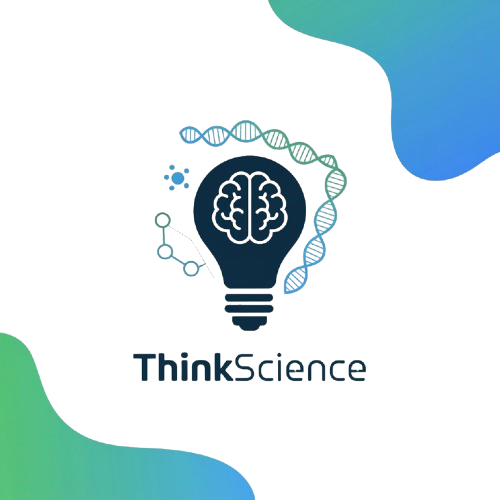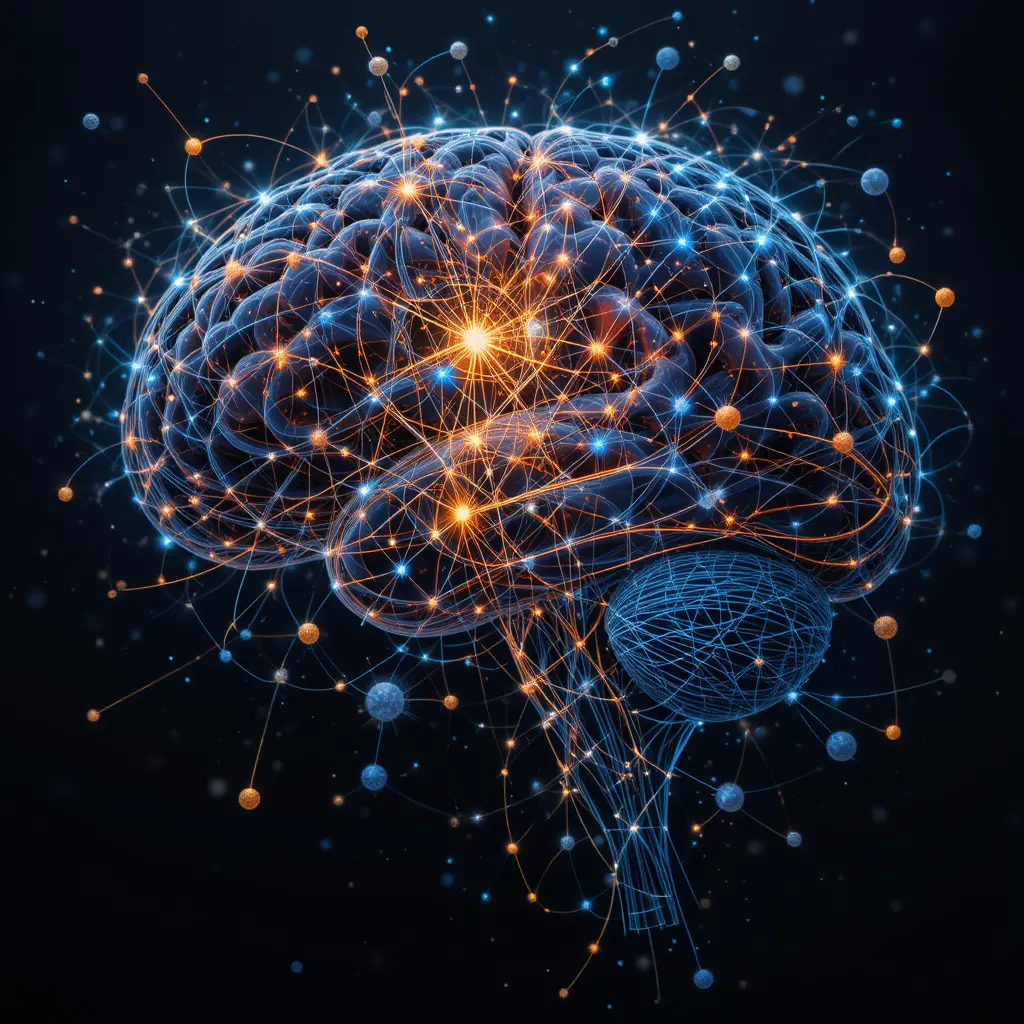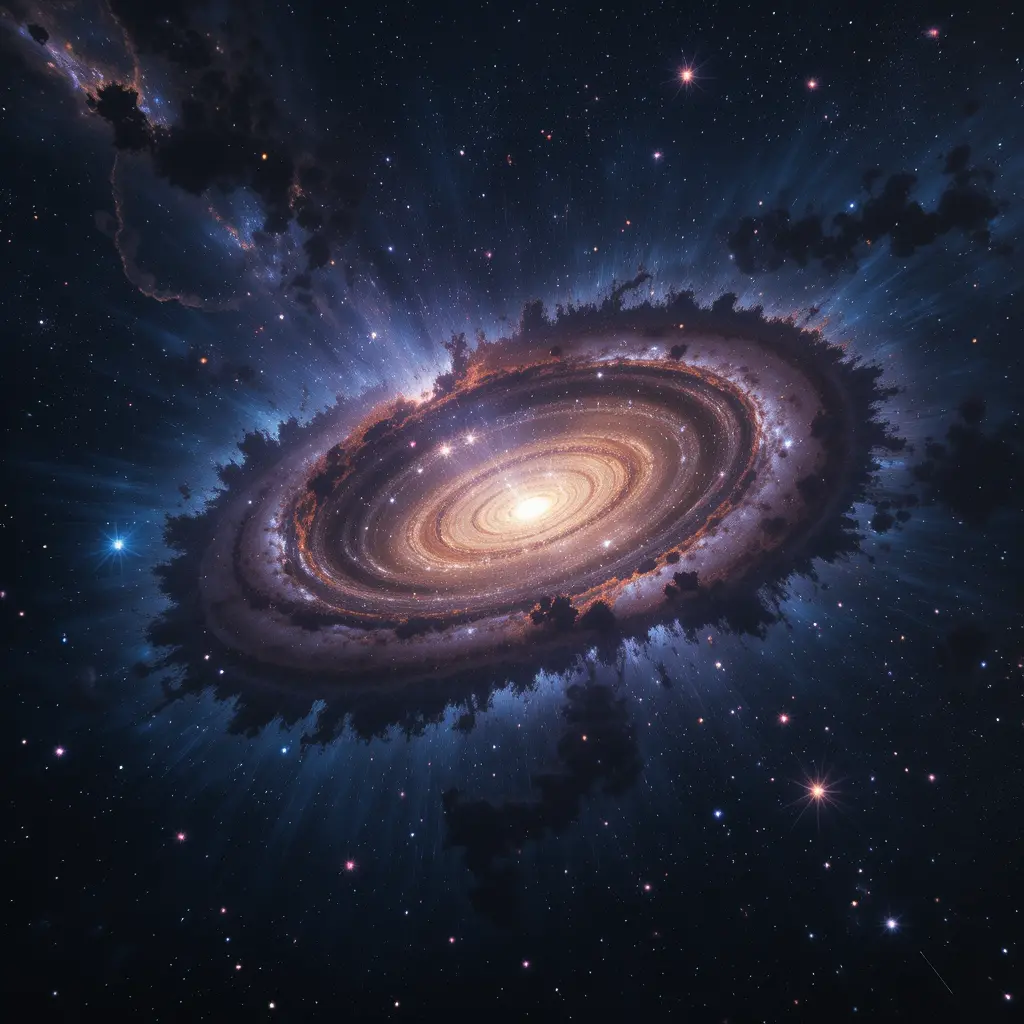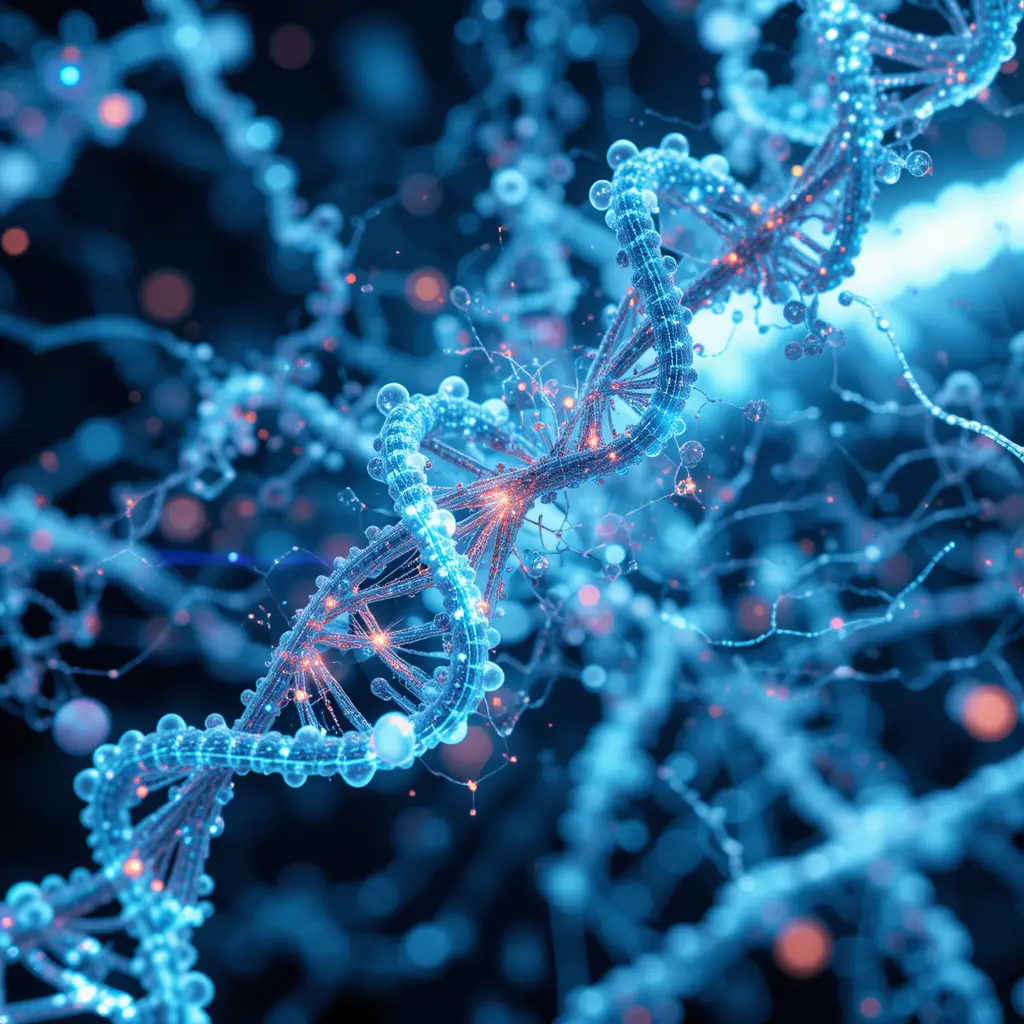What if the key to understanding ourselves lies within the depths of our own minds? Human consciousness remains one of the most intriguing puzzles in science and philosophy. This article delves into the mysteries of our awareness, examining how our thoughts, emotions, and perceptions shape our reality. By exploring the intricacies of the mind, we aim to unlock new insights into what it means to be truly conscious. Join us on this journey to uncover the secrets of the human mind and discover how it influences every aspect of our lives.
The Enigma of Human Consciousness
The enigma of human consciousness has puzzled scientists and philosophers for centuries. It’s like trying to understand the vastness of the universe by looking at a single star. Consciousness is the essence of our being, yet it remains one of the most elusive subjects in science. As a cognitive scientist, I find this mystery both frustrating and fascinating. It’s like having a puzzle with missing pieces, and each discovery only leads to more questions.
Understanding Consciousness Through Everyday Experiences
Imagine waking up in the morning. You open your eyes, and suddenly, you’re aware of the world around you. This simple act of waking up is a profound example of consciousness. It’s not just about being awake; it’s about being aware of your thoughts, feelings, and surroundings. This awareness is what sets us apart from machines. While a computer can process data, it doesn’t experience the world like we do.
In my research, I’ve often compared consciousness to a radio. Just as a radio tunes into different frequencies, our minds can focus on different thoughts and emotions. This analogy helps us understand how we can shift our attention and awareness. However, unlike a radio, our consciousness is not limited to a single channel. We can experience multiple layers of awareness simultaneously, which is both a gift and a challenge.
One of my favorite anecdotes involves a colleague who, during a meditation retreat, described feeling as if he was both inside and outside his body. This dual awareness is a common experience in meditation, highlighting the complexity of human consciousness. It shows that our minds are capable of perceiving reality in ways that transcend ordinary experience.
Exploring the Mysteries of the Human Consciousness is like embarking on a journey without a map. We rely on our intuition, experiences, and scientific inquiry to guide us. While we may never fully unravel the enigma of consciousness, each step brings us closer to understanding the essence of what it means to be human.
The Science Behind Consciousness
Understanding the science behind consciousness is like piecing together a complex puzzle. As a cognitive scientist, I find it fascinating how our brains create the rich tapestry of thoughts and emotions we experience daily. Exploring the Mysteries of the Human Consciousness involves delving into the intricate workings of the mind, where science meets the abstract.
The Brain’s Role in Consciousness
The brain is the epicenter of consciousness. It processes information, allowing us to perceive the world. Imagine the brain as a conductor of an orchestra, where each neuron plays a part in creating the symphony of our awareness. This analogy helps us grasp how interconnected and dynamic our neural networks are. The prefrontal cortex, for instance, is crucial for decision-making and self-awareness. It’s like the brain’s control center, guiding our actions and thoughts.
In my experience, studying brain injuries has provided insights into consciousness. Patients with damage to specific areas often lose certain cognitive abilities, highlighting the brain’s role in maintaining our conscious state. This real-world evidence underscores the importance of each brain region in the grand scheme of consciousness.
Personal Reflections on Consciousness
Reflecting on my journey in cognitive science, I often ponder the subjective nature of consciousness. It’s a deeply personal experience, unique to each individual. I remember a conversation with a colleague who described consciousness as a “stream of experiences,” constantly flowing and evolving. This perspective resonates with me, as it captures the fluidity and complexity of our conscious minds.
In conclusion, the science behind consciousness is a captivating field that blends empirical research with philosophical inquiry. As we continue exploring the mysteries of the human consciousness, we uncover more about what it means to be aware, to think, and to feel. It’s a journey that challenges and inspires, pushing the boundaries of what we know about the human mind.
Philosophical Perspectives on Consciousness
Philosophical perspectives on consciousness have intrigued thinkers for centuries. The quest to understand the mind’s mysteries is akin to exploring an uncharted territory. Philosophers have long debated the nature of consciousness, pondering whether it is a mere byproduct of brain activity or something more profound. This exploration is not just academic; it touches the core of what it means to be human.
Dualism and Materialism
Two major schools of thought dominate the philosophical landscape: dualism and materialism. Dualists, like René Descartes, argue that the mind and body are distinct entities. They believe consciousness exists independently of the physical brain. On the other hand, materialists assert that consciousness arises solely from physical processes within the brain. This debate is like a tug-of-war, with each side presenting compelling arguments.
As a cognitive scientist, I find the dualist perspective fascinating. It suggests that our thoughts and emotions might transcend the physical realm. This idea resonates with many who have experienced moments of profound insight or creativity. For instance, consider the feeling of inspiration that strikes unexpectedly, as if from an external source. Such experiences challenge the notion that consciousness is purely material.
In my own journey of exploring the mysteries of the human consciousness, I recall a conversation with a colleague. We discussed how dreams, with their vivid imagery and emotional depth, seem to defy simple material explanations. This anecdote highlights the complexity of consciousness and the limitations of current scientific understanding.
Ultimately, the philosophical exploration of consciousness invites us to question our assumptions about reality. It encourages a deeper reflection on the nature of existence and our place within it. Whether one leans towards dualism or materialism, the journey of understanding consciousness is a profound and personal one.
Unlocking the Potential of the Mind
Unlocking the potential of the mind is like discovering a hidden treasure within ourselves. Our brains are capable of incredible feats, yet we often use only a fraction of their capacity. As a Cognitive Scientist, I find it fascinating how much untapped potential lies within each of us. Imagine the possibilities if we could harness more of our mental abilities.
The Power of Visualization
Visualization is a powerful tool that can help unlock the mind’s potential. Athletes often use this technique to improve performance. By vividly imagining themselves succeeding, they can enhance their actual performance. This method is not limited to sports; anyone can use it to achieve personal goals. I once met a musician who visualized every note before a performance, and it transformed his confidence and skill.
Our minds are like gardens. If we plant positive thoughts and nurture them, they grow into strong, healthy ideas. This analogy highlights the importance of mindset. A positive mindset can lead to remarkable achievements. I believe that by exploring the mysteries of the human consciousness, we can learn to cultivate our mental gardens more effectively.
Embracing Curiosity
Curiosity is another key to unlocking the mind’s potential. When we remain curious, we open ourselves to new experiences and knowledge. This openness can lead to unexpected discoveries and innovations. I recall a time when my curiosity led me to explore a new field of study, which ultimately enriched my understanding of human consciousness.
In conclusion, unlocking the potential of the mind requires a combination of visualization, positive thinking, and curiosity. By embracing these elements, we can begin to explore the mysteries of the human consciousness and unlock the incredible power within us. It’s a journey worth taking, and the rewards are limitless.






